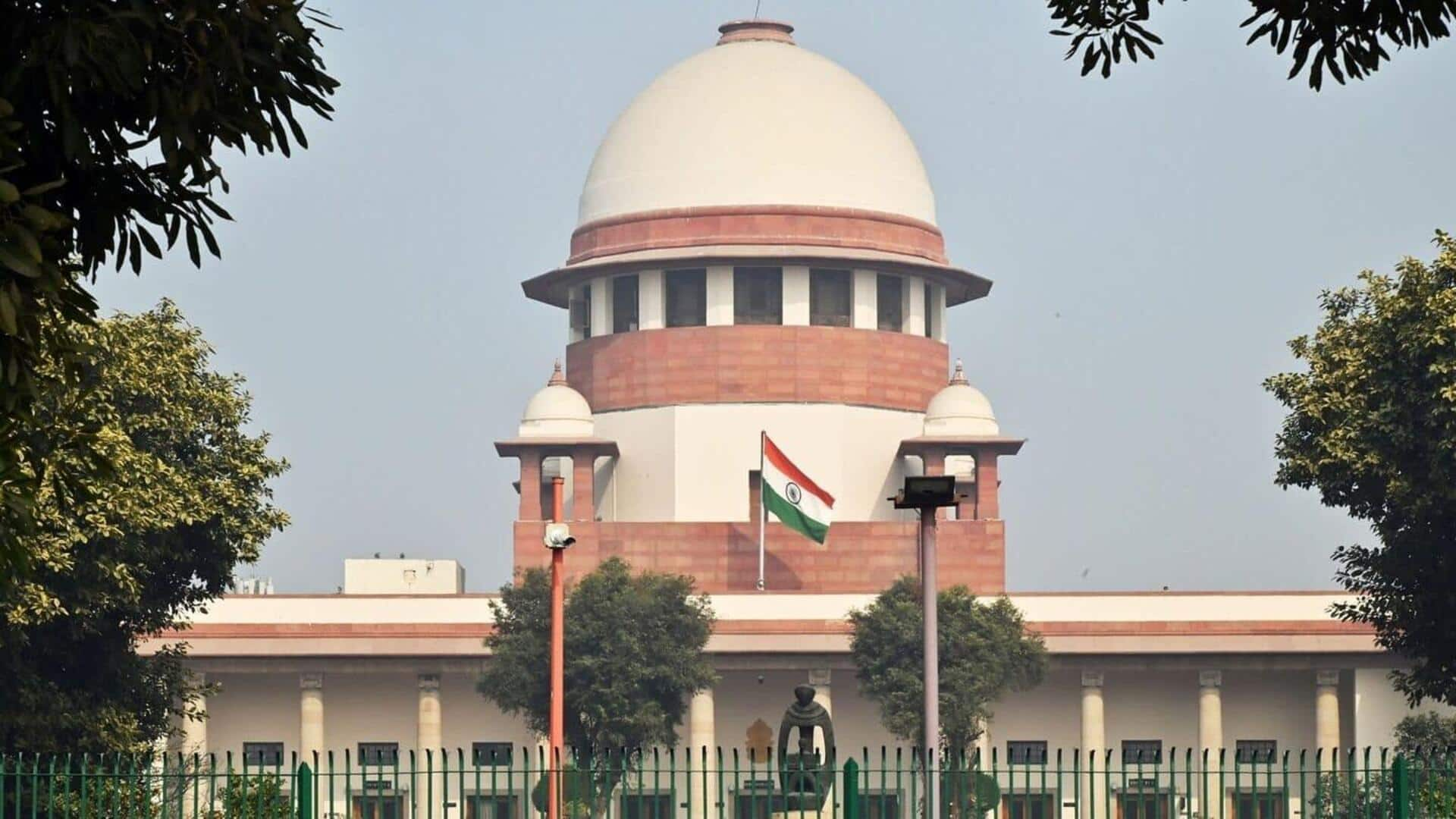
'Gurdwara already exists there': SC rejects Delhi Waqf board's claim
What's the story
The Supreme Court has dismissed the Delhi Waqf Board's claim over a property in Shahdara as "Waqf property," stating that a gurudwara exists at the site. The gurdwara has been functioning since the Partition. The court observed that, given the long-standing religious structure on the site, the board should have given up its claim.
Ownership dispute
'Let it be,' said judge when board cited mosque argument
The court was hearing an appeal by the Delhi Waqf Board against a 2010 Delhi High Court order. The high court had ruled in favor of Hira Singh, who bought the property from Mohammad Ahsan in 1953. Senior advocate Sanjoy Ghose argued for the board, claiming there was a mosque before the gurdwara came up. However, Justice Satish Chandra Sharma interjected, saying, "Not 'some kind of.'.. a proper functioning gurdwara, and once there is a gurdwara, let it be."
Claim dismissal
What the high court had ruled
The Delhi Waqf Board claimed the property was used as Waqf since time immemorial and notified in 1970. However, the high court ruled in favor of Singh, who had been occupying the property since 1947-48. The court noted that while Singh couldn't provide title documents, "this does not in any manner benefit the plaintiff (Waqf Board) who has to establish his own case and prove it to enable him to obtain a decree of possession."
Property management
Case comes amid scrutiny of Waqf properties
The case comes amid increased scrutiny of Waqf properties after recent legal amendments. The government is pushing for mandatory registration of such properties; failing that, they will be treated as disputed. This move has been challenged by opposition parties in the Supreme Court, with verdicts still pending on those petitions.